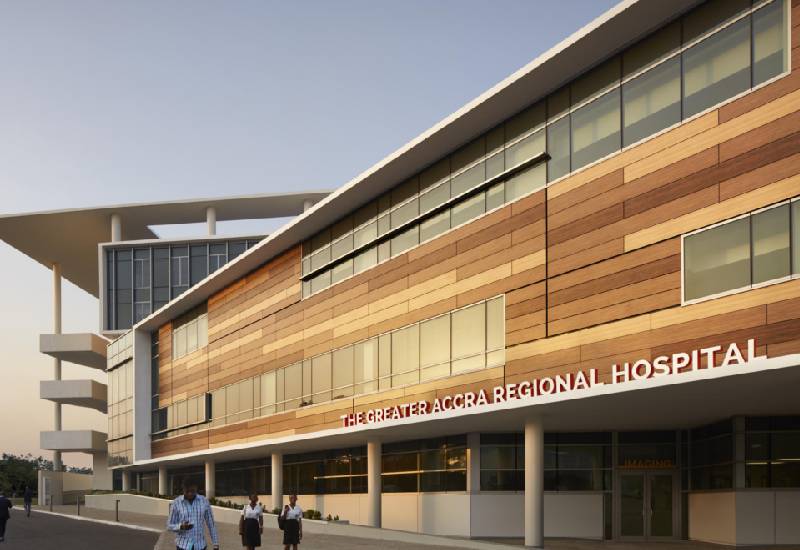The recent ruling by the High Court in Accra to award GH₵3 million in damages for medical negligence involving the Greater Accra Regional Hospital (Ridge Hospital), the Ghana Health Service, and the Ministry of Health sends a profound message to all healthcare facilities across the country. This case, which began in 2020, serves as a critical reminder of the importance of adhering to established medical protocols and ensuring patient safety. It raises several interrogative points for the healthcare system in Ghana to consider as we move forward.
What Went Wrong?
The tragic case centers around the death of a 32-year-old nurse following a caesarean section. The court found that the hospital staff failed in their duty of care, particularly in administering vital medications post-surgery. This begs the question: Are existing medical protocols being effectively communicated and followed within our facilities?
How Can Patient Safety Be Enhanced?
The ruling highlighted specific failures, such as the lack of administration of Prophylactic Anticoagulant Therapy (PAT) to a patient known to be susceptible to complications. Facilities must now ask themselves: What systems are in place to ensure that every patient receives the preventative care mandated by medical protocols? Continued training and reinforcement of hospital policies are not mere formalities; they are essential for safeguarding lives.
Is There Sufficient Oversight and Accountability?
The court ordered the defendants to pay costs for their negligence, raising the issue of accountability in healthcare settings. How can we hold medical personnel accountable for their actions or inactions? Establishing a culture of accountability, where staff are encouraged to report and rectify mistakes without fear of punitive measures, can lead to improved outcomes and rebuild public trust in healthcare systems.
What Is the Role of Patient Engagement?
The judgment noted that the deceased’s family had a part to play in the procurement of necessary medication. This case prompts us to ask: How well are healthcare providers engaging with patients and their families in the care process? Encouraging open communication about treatment plans, potential risks, and responsibilities can empower families, leading to better health outcomes.
Are We Committed to National Health Policies?
The plaintiff’s claims also pointed to failures in adhering to the National Health Policy and commitments to Sustainable Development Goals related to maternal health. Are facilities fully aligned with national healthcare strategies, and how can they better integrate these objectives into day-to-day operations? Continuous assessments of compliance with these strategic frameworks are essential to ensure that we do not fall short of our national health ambitions.
What Can We Learn from the Court’s Ruling?
The court’s verdict serves as a stark reminder that the consequences of negligence extend far beyond financial liabilities; they involve loss of life and societal pain. What proactive measures can healthcare providers take to learn from this case and prevent similar tragedies? Regular audits, simulation training for staff, and fostering a commitment to patient-centered care are essential steps towards improvement.
Moving Forward
As healthcare facilities across Ghana reflect on the lessons from the Ridge Hospital case, it is imperative to engage in meaningful discourse about patient safety, accountability, and the role of healthcare professionals in implementing best practices. The time for complacency is over; securing the health and lives of patients should stand at the forefront of our health systems.
Every healthcare facility must collaborate to evolve and improve the standards of care that uphold the dignity of life. As we address these questions, let us work collectively for a healthcare system that prioritizes safety, accountability, and patient engagement, ultimately ensuring that no family has to endure the preventable loss that the Mustapha family experienced.
Godwin Owusu Frimpong




